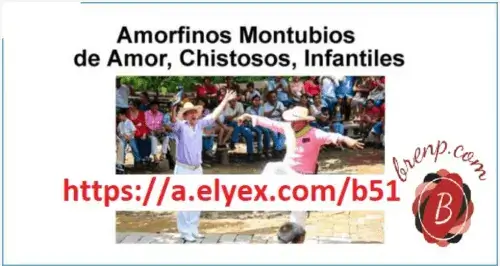This rural Ontario black hockey line broke barriers — producing generations of star players
An aged photo of three young black hockey players hangs in Darren Lowe’s basement. His dad Arthur is in the centre, stick on the ice, hunched over beside teammates Howard Sheffield and Gary Smith.
It’s a remarkable image. There weren’t many black hockey players during the early 1950s, particularly not in rural Ontario. But Lowe wouldn’t know this from his dad — he told him very little about his hockey history.
Seventy years since, their legacy has become more clear.
The three men dazzled crowds on a line together for the Mount Forest Redmen, an intermediate hockey team in the small Ontario town, 75 kilometres northwest of Kitchener. By all accounts, the three were skilled players and packed arenas wherever they played. Somewhere along the way, they earned the nickname the Black Flashes.

«There weren’t a lot of people of colour playing hockey back then so it’s quite unique,» said Darren, who played a season in the NHL for the Pittsburgh Penguins, in the 1984 Olympics and coached hockey for more than 20 years at the University of Toronto.
«To be able to follow in those footsteps is kind of nice.»
Darren is among the many star offspring from this Mount Forest team — brothers, children and grandchildren of Lowe, Sheffield and Smith have all played high level hockey or still play today.
That includes Darren’s son, Nolan, who plays with the Georgetown Raiders in the Ontario Junior Hockey League. Like his dad, the 18-year-old hopes to make a career of it.

«It can be kind of challenging trying to live up to those expectations, but it’s always been fun,» he said. «I’m going to keep playing until it stops being fun.»
He too is just learning more about his grandfather’s past. «It must have been a pretty cool experience for him.»
‘She was packed to the doors’
Intermediate hockey was a big deal in the 1950s — and in Mount Forest, that was largely thanks to Lowe, Sheffield and Smith.
The three men were brought to town by Warren (Curly) Stevenson, who coached and promoted the team. Sheffield came from Collingwood, Ont. Lowe and Smith were in Toronto.

Ken McLellan remembers how early you had to come to get a seat. He was a rink rat, so he had to be at each game to clear the ice with scrapers — this was pre-Zamboni. His brother Hap was the team’s captain.
«They packed the arena, just jammed ‘er full … every night, she was packed to the doors,» he recalls.
Photos of the trio and their team hang around the Mount Forest rink today. McLellan still regularly goes to watch the junior hockey team play. He makes a point to look at the photos every time he’s there and shares the story with anyone who will listen so it doesn’t get lost.

«We knew it was special. Curly kept telling us that this was the biggest thing that’s ever going to hit Mount Forest, and it was,» he said.
«There has been a lot of good things happen but nothing like that.»
Lowe’s sister married Sheffield’s brother
Most of the team has since died, including Sheffield and Smith. Lowe is 95 but has dementia, so his memory is shaky.
But this hockey family is still very much together. While the boys were playing, Lowe’s sister Jasmine fell in love with Sheffield’s brother. They got married. So the hockey tradition continues today in a big way.
«We were just all hockey people,» said Jasmine Sheffield. She had seven children, three of whom played competitive hockey. She would take them to games around Ontario. «I’ve been to so many arenas. It was just go, go, go.»

A son, Ray, lives in Australia, where he has won the Goodall Cup several times — Australia’s version of the Stanley Cup. Another son, Frank, played for the Ryerson University Rams hockey team and runs a website chronicling his family’s impressive hockey history.
He continues to coach a team in his spare time. He says that has helped him see how much more diverse the sport has become since his uncles played — and how the racism he faced while playing has waned.
«You could say whatever you wanted to any other player on the ice … as derogatory as you wanted to make it,» Frank said. «The referees never paid any attention.»
He recalls how he would snap after getting called racial slurs and end up in the penalty box, much to his mother’s disapproval.
There are stories about how his uncles encountered similar slurs when the Redmen travelled to other towns; a Mount Forest historian wrote about how the team once had to be escorted from Walkerton, Ont., by police.

«Thank God today is much different,» he said. His kids have stopped playing hockey, but he continues to coach to keep his family legacy going.
«Hockey brings people together. It doesn’t matter what colour you are.»






